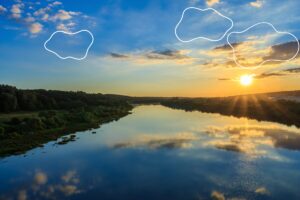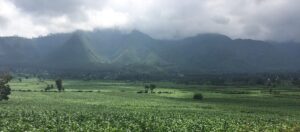- SIWI – Leading expert in water governance
- /
- Latest
- /
- Reflections on the Routledge Handbook of Water Diplomacy: Building cooperation in a complex world
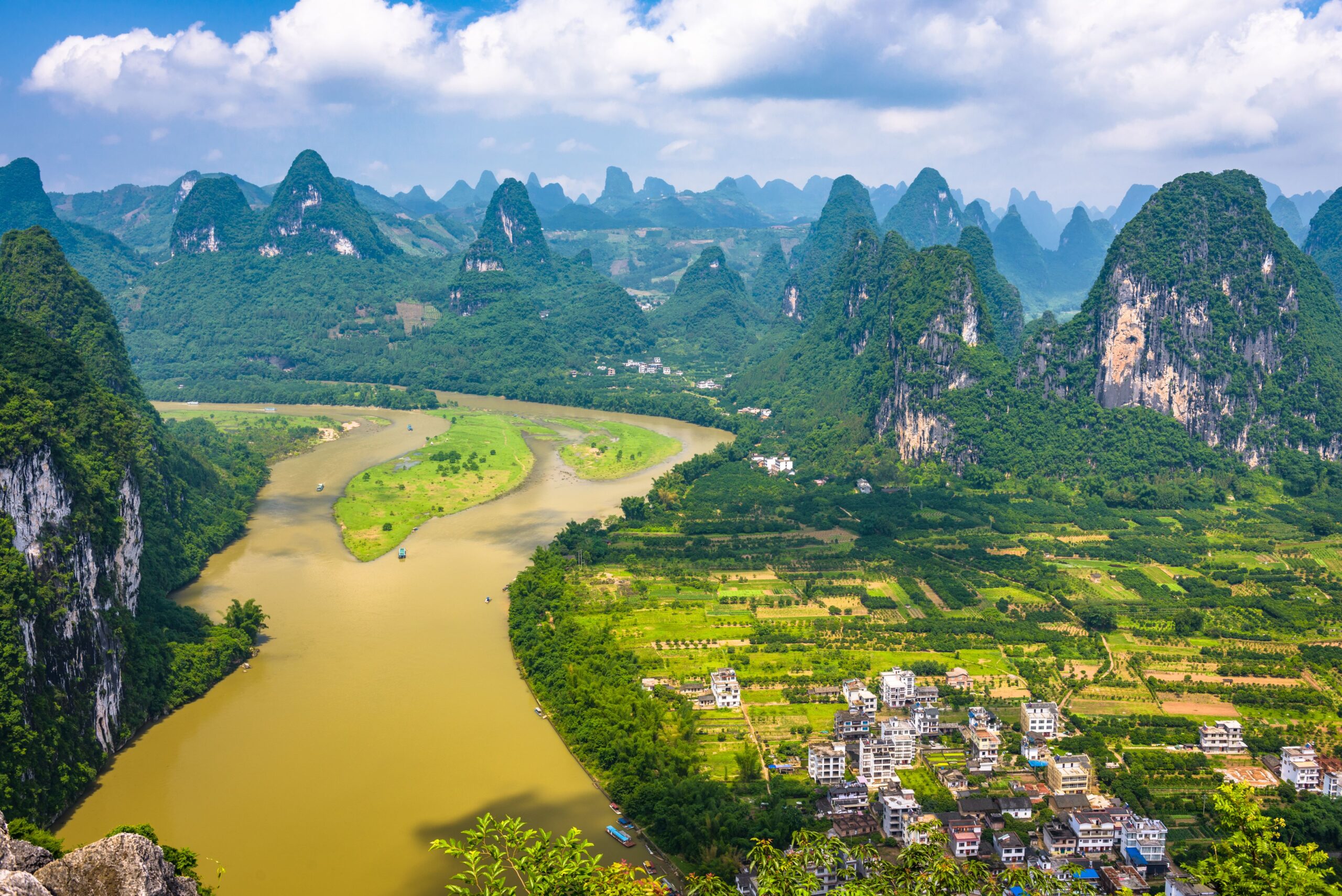
Reflections on the Routledge Handbook of Water Diplomacy: Building cooperation in a complex world
Cooperation over shared waters is becoming ever more critical in a world shaped by climate change, competing demands, and geopolitical uncertainty. In this article, the editors of The Routledge Handbook of Water Diplomacy share their reflections on how science, negotiation, and relationship-building can transform water from a source of tension into a bridge for peace.
When water connects rather than divides, it becomes a foundation for peace, resilience, and sustainable development. This idea lies at the heart of the Routledge Handbook of Water Diplomacy — an open-access resource that brings together over 80 contributors worldwide.
Co-edited by Dr Shafiqul Islam (Tufts University), Kevin Smith (Tufts University), Dr Martina Klimes, (SIWI), and Dr Aaron Salzberg (University of North Carolina at Chapel Hill), the Handbook explores how cooperation over shared waters can build trust, strengthen social cohesion, and prevent conflict.
“Water connects people, sectors, and nations — and that means it also carries the potential for tension. But it doesn’t have to,” says Klimes. “This Handbook shows how science, negotiation together with knowledge on process building, and relationship-building can come together to solve complex water challenges.”
A living resource for practitioners worldwide The Handbook is both a reference and a platform for learning. Structured around two pathways — Working Together and What Matters and Why — it invites readers to approach water diplomacy through their own perspective, whether as policymakers, diplomats, engineers, or community leaders.
Islam explains: “At its core, water diplomacy is about negotiated problem-solving — bringing together science, policy, and politics to address complex and contested water challenges. Water problems are rarely just about water; they are about values, power, and people.”
Unlike many technical volumes, the Handbook was designed to evolve. Its open-access format connects directly to AquaPedia, an online case-study platform where practitioners can contribute new lessons from the field. “Water diplomacy is constantly developing,” says Smith. “We wanted this to be a living resource that anyone can access freely and help expand over time.”
Process over perfection
A recurring theme across all four editors’ reflections is humility — the recognition that cooperation is not achieved through technical fixes but through sustained processes of trust-building and adaptation.
“There is no single formula for success,” Klimes notes. “Every water challenge is shaped by geography, history, culture, and politics. What matters most is not a perfect plan, but a process that helps people learn and manage shared risks together.”
For Salzberg, humility also means understanding the limits of one’s expertise. “We all think we’re experts,” he says. “In reality, we often know very little about the ‘space’ in which we work. The real solution isn’t a set of actions that ‘solve’ the problem, but creating a process that helps stakeholders adapt and ensure shared benefits over time.”
This emphasis on process over prescription mirrors SIWI’s approach through initiatives such as the Shared Waters Partnership, Stockholm Hub on Environment, Climate, and Security, the Scientific Program Committee of the World Water Week, and earlier also the Women in Water Diplomacy Network, which translate technical understanding into inclusive dialogue and long-term cooperation.
From knowing to doing
The editors stress that water diplomacy is about practice. Beyond ideas, the Handbook offers actionable tools: stakeholder mapping, joint fact-finding, and adaptive management techniques that help practitioners move from “knowing” to “doing.”
Islam describes this approach as “principled pragmatism”, grounding science in real-world context. “Context defines the constraints, capacity defines what’s possible, and relationships define what’s acceptable,” he says. “Effective cooperation begins with listening — not just to data but to people.”
He adds that the emerging field of Engineering Diplomacy builds on these principles. “It’s about co-producing outcomes that are scientifically credible, socially acceptable, and politically feasible,” he explains. “We move from technical fixes toward collaborative action.”
Building a community of practice
The Handbook is more than a publication. It’s the foundation for a global community of practice. Workshops, fellowships, and co-creation labs are being developed to link scientists, diplomats, and local leaders.
Klimes emphasizes how closely this aligns with SIWI’s work through the International Centre for Water Cooperation (ICWC), a UNESCO Category II Centre hosted by SIWI. “In many ways, this project reflects what SIWI has been doing for years,” she says. “It builds on our experience in dialogue, inclusivity, and learning — the same principles that drive the Stockholm Hub on Environment, Climate and Security and our work with the OSCE.”
Looking ahead
For Smith, the next step is participation: “We hope readers don’t just absorb information, we hope they engage. The real impact will come when practitioners use these tools, share experiences, and help evolve the practice of water diplomacy itself.”
Islam adds a note of optimism: “The Epilogue reminds us that hope and action — not fear and blame — are the foundations for lasting cooperation.”

The Routledge Handbook of Water Diplomacy is freely available online and will continue to expand as new lessons emerge.
For SIWI, it reinforces a central message: water is not just a resource; it is a relationship, and cooperation is the process that sustains it.
Most recent
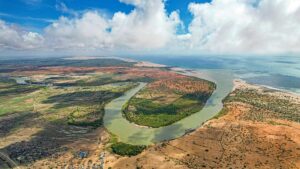
Why sharing data matters for water cooperation in the Juba–Shebelle Basin
- Transboundary Water Cooperation
- Water and climate

TIARA in Zambia: Scaling resilient rainfed agriculture in the Zambezi Basin
- Agriculture and water
- Freshwater and ecosystems/biodiversity
- Resilience through water
- Water in landscapes
- Water and climate

Why climate action must integrate water
- Water and climate
- World Water Week
- Water governance

Q&A with Dr Martina Klimes on the NEW Routledge Handbook of Water Diplomacy
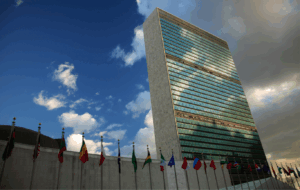
SIWI Urges Ambitious, Inclusive Approach at UN Preparatory Meeting for 2026 Water Conference
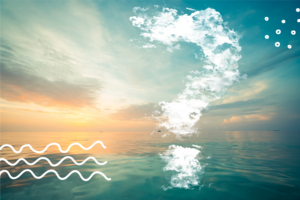
Water for Peace Quiz: How deep is your knowledge?
